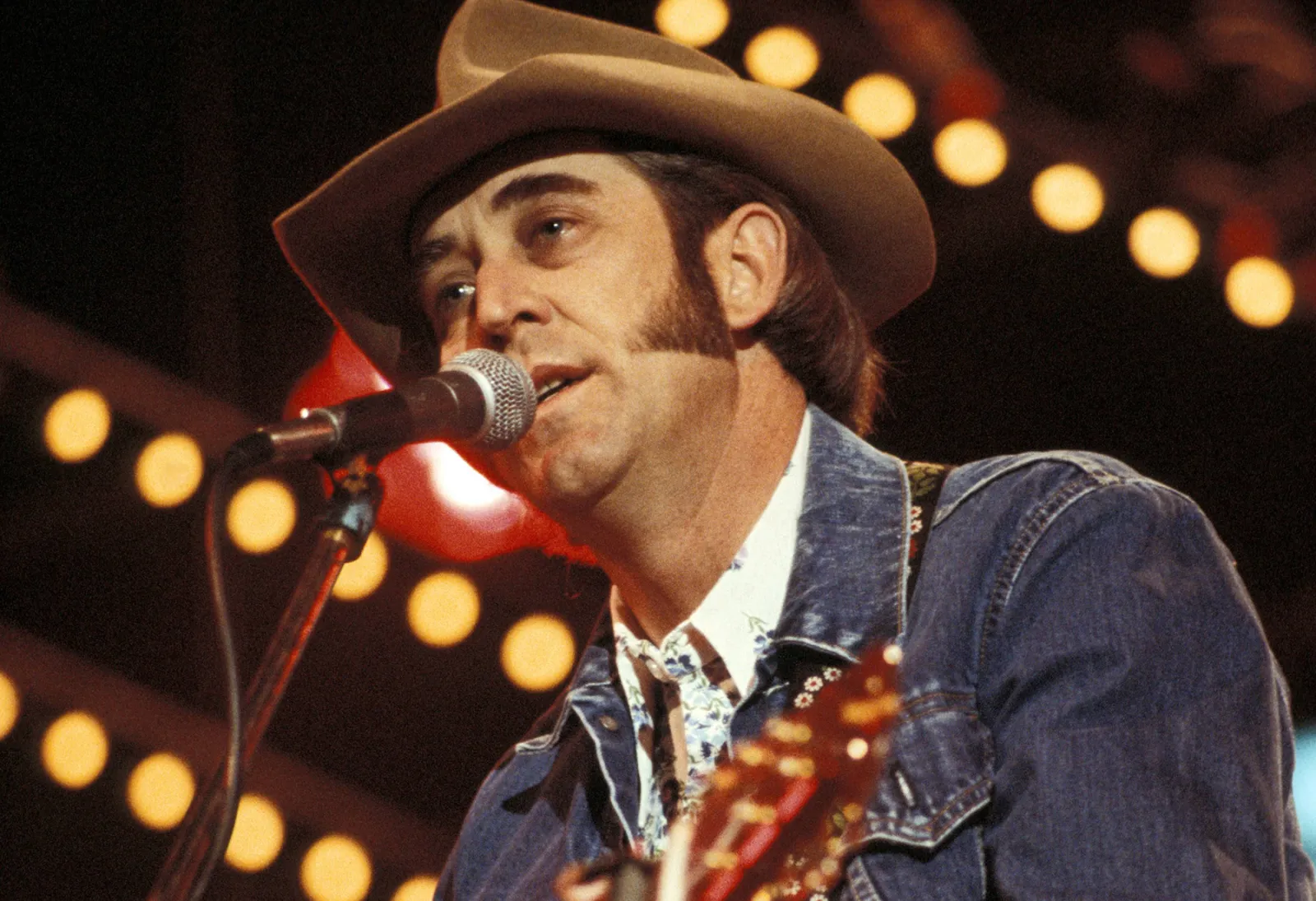
Living Life on One’s Own Terms, No Matter Where the Road Leads
When Don Williams released “Tulsa Time” in 1978 as the opening track of his album Expressions, the song quickly became more than a regional nod or a country single—it became an anthem for quiet defiance and personal reinvention. The single ascended to Number One on the Billboard Hot Country Singles chart in early 1979, further solidifying Williams’ status as “The Gentle Giant” of country music. With its unassuming swagger and rhythmic simplicity, “Tulsa Time” embodied the spirit of a man who walks away from failure not with bitterness, but with a shrug and a half-smile, content to set his own pace.
Written by Danny Flowers during a snowstorm-induced layover in Tulsa, Oklahoma—a detail that itself sounds like a verse from a country song—the track was reportedly born out of restlessness and downtime. Flowers, a guitarist in Williams’ touring band, jotted the lyrics in a hotel room while stranded. When he played it for Williams and fellow musician Eric Clapton, both were taken by its easy groove and subtle profundity. Though Clapton would eventually record his own version—bringing it to rock audiences via his live performances—it was Williams who etched it into the heart of American country music.
At first listen, “Tulsa Time” seems deceptively light: a laid-back melody supported by Williams’ signature smooth baritone and understated acoustic arrangement. But beneath its toe-tapping rhythm lies a narrative of existential resignation transformed into liberation. The narrator leaves Los Angeles after dreams go sour—”I left Oklahoma, driving in a Pontiac / Just about to lose my mind”—only to discover that failure doesn’t sting quite so badly when you realize the world doesn’t owe you anything in the first place. There’s no sermonizing here, no grand epiphany—just an acknowledgment that life flows easier when you’re not running someone else’s race.
The phrase “livin’ on Tulsa time” becomes more than geographical—it morphs into metaphor. It speaks to the virtue of slowing down, resetting expectations, and embracing authenticity over ambition. In contrast to the glittering illusions of L.A., Tulsa represents a return to roots, a reclaiming of selfhood where clocks tick not toward deadlines but toward peace.
Williams delivers all this without bombast or flourish; his strength has always been understatement. His voice—gentle but unwavering—wraps around each line with the ease of someone who has seen enough dreams die to know which ones are worth chasing again. It’s this emotional equilibrium that makes “Tulsa Time” endure: its universal theme couched in regional specificity; its rebellious heart beating beneath an unhurried tempo.
Over four decades later, “Tulsa Time” still resonates—not merely as a country classic, but as a quiet declaration that sometimes the greatest triumph is simply choosing your own rhythm in a world addicted to speed.